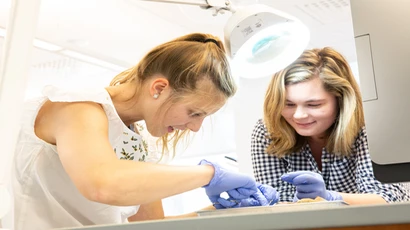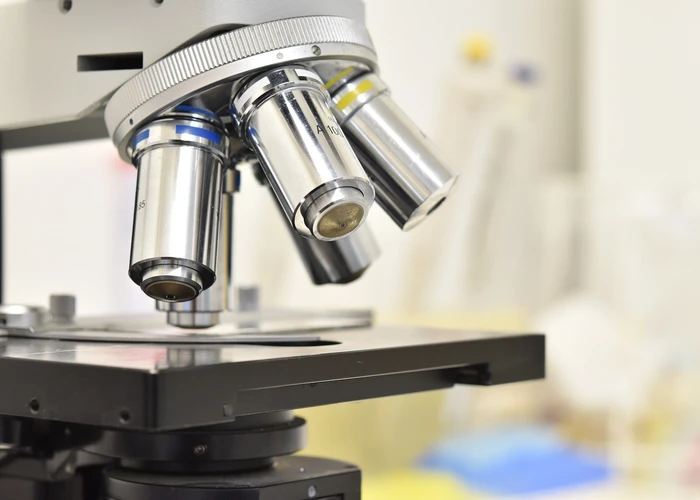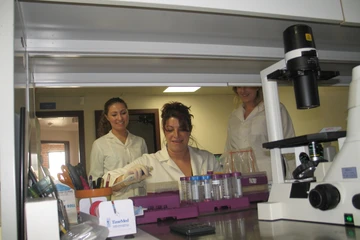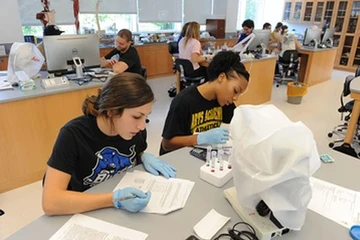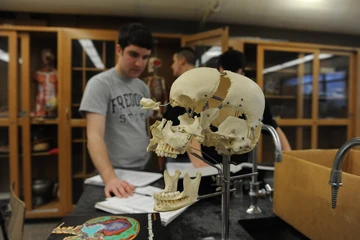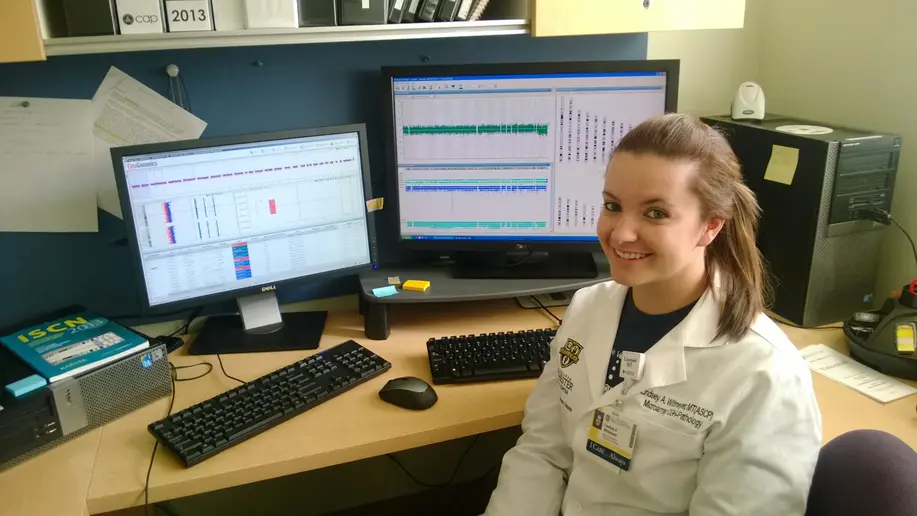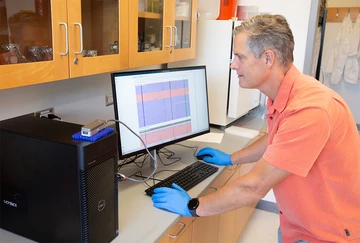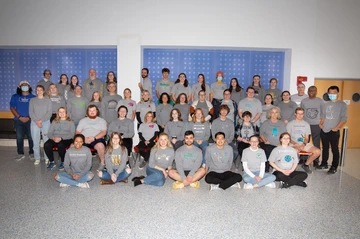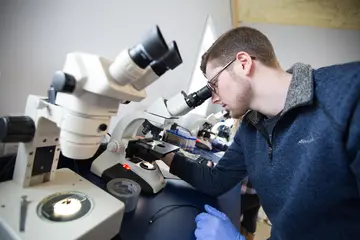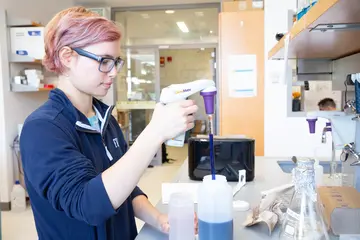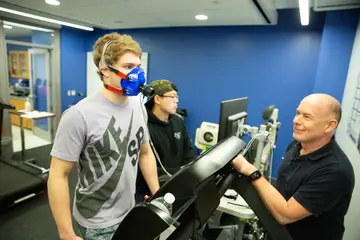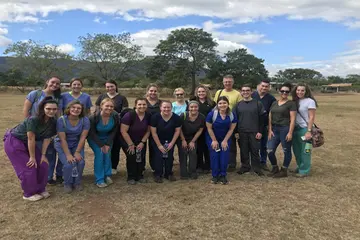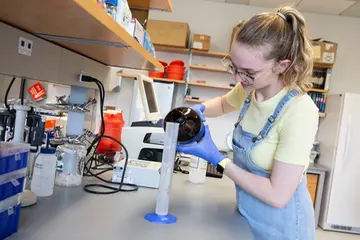Where Science Meets Patient Care
Medical Laboratory Science at Fredonia prepares you for a dynamic career in clinical diagnostics, biotechnology, and beyond. With a unique blend of coursework and hands-on hospital experience, this program sets you up to excel in high-demand fields like medical technology, forensic science, and pharmaceutical sales. Through rigorous study and immersive training, you'll gain the skills needed for national certification and New York State licensure, opening doors to careers as a Clinical Laboratory Technologist.
What You’ll Gain:
- Comprehensive Knowledge – Develop a deep understanding of clinical diagnostic science, including molecular biology, chemistry, and biotechnology principles.
- Hands-On Experience – Engage in a full year of clinical training at an accredited hospital, working alongside medical scientists and physicians.
- Professional Certification – Graduate ready to take the Board of Registry exam and earn national board certification through the American Society of Clinical Pathologists.
- Licensure Preparation – Complete the requirements for New York State licensure, qualifying you to work in clinical laboratory settings across the state.
- Alternative Pathways – If you choose not to pursue the clinical year, continue your studies in Biology or Molecular Genetics, seamlessly transitioning within the same timeline.

